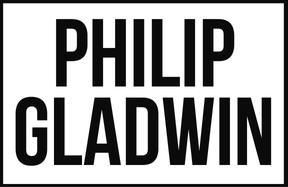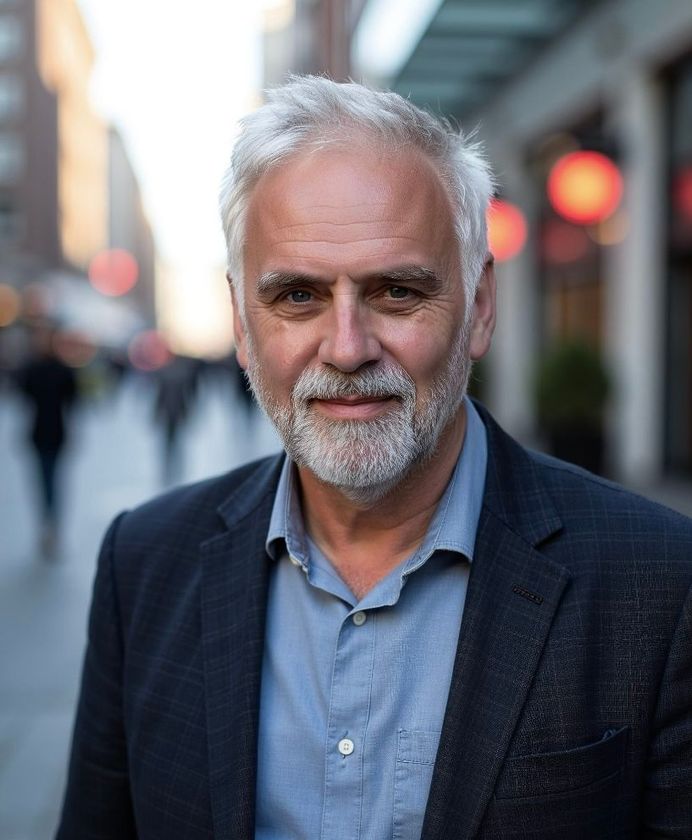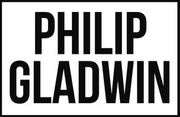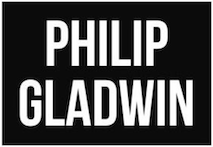
ABOUT Me
my life's work
I’ve been a professional writer for over 30 years.
When I worked in Artificial Intelligence research at Cambridge University, I learned how to throw out a net into fresh, original thought, and to pin the results down in readable form.
When I worked as a technical author for an IBM systems software house, I learned the importance of precision and simplicity.
20+ years of working as a dramatist for the BBC, ITV and other TV production companies taught me how to write to create powerful emotions in an audience.
I bring all these abilities to work for you.

formally
I have long experience of many different genres across TV, film and radio, with over 60 TV broadcast credits in both primetime and children’s drama.
I have developed scripts and storylines for many long running TV series, and have been commissioned to write scripts by people like Lynda La Plante, Russell T Davies and Tony Garnett.
I have worked on many TV story documents, and have helped to create seasons of some of the UK's most loved shows.
The series of The Dumping Ground on which I was series script editor received two BAFTA nominations, including best Childrens’ Drama, and won a Writers Guild Award.
I tell stories of underdogs winning over adversity, of personal growth, positive transformation and hope. If this is you, get in touch.
my story
I was eight. I was at a friend’s house. They had a big family, and it was Christmas time, and it was noisy. Amid the chaos, I found a typewriter. I sat there and picked out some words. I loved how clattering on the keys made my thoughts appear on paper.
A few days later I wrote down a whole story. I liked that whole experience very much. I kept on writing through school. Homework, fragments of poetry, song lyrics.
It was interesting, but frustrating. I knew there were jewels here, glowing in the dark, but I couldn’t grasp them.
*
Pine trees, sand dunes, heat. I was sweltering in a tent near the beach at Soulac-sur-Mer in South West France. I'd hitchhiked down there at the end of June, and been there for weeks, swimming, hanging out with the campsite workers, enjoying the sense of nothing to do and a big wide world before my first year at university.
The evening before I'd heard three people had died swimming off that same coast that same summer. I loved the beach, being out in the world for the first time, and I especially loved swimming in the sea. That three people had drowned nearby at practically the same time seemed bizarre. Eerie even.
Out of nowhere I tried to write down what I felt. A strange image came to mind: a man walking across a field of maize. The maize was high, and blotted out the horizon as it waved in the wind. The man seemed to be walking in a bubble, alone, against a big sky. I couldn't make sense of it all, or what I was trying to do.
I stopped writing, went for a swim, forgot about it all.
*
My mother bought our family a strange present for Christmas. A personal computer. No-one knew what it was, or what it was for.
After experimenting, I realised this strange device made writing stories seem like playing video games. I liked video games so I took out the notebook I'd kept from Soulac, and lots more scraps of writing I'd made.
Three days later I finished my first short story, and the man in the cornfield was in there. I called it Indian Summer and I sent it off to a competition that the publisher Victor Gollancz was running in conjunction with the Sunday Times.
It was shortlisted, and was eventually published in the book of the competition. That lit the fire alright.
*
Some years later, I sat in a lecture theatre in London, desperately trying to write down every word the irascible man on stage was barking at the audience.
Ever since the Amstrad I'd written a ton of short stories. I'd sold Indian Summer, and a couple more. I'd begun, and abandoned, three novels. I'd spent an awful amount of time, and money, and life, on writing fiction, but I was clearly missing something crucial.
As a desperate last fling I turned one of the short stories into a screenplay. A friend who was working in the BBC Drama department read the script and liked it enough to called me in for interview. I ended up with a six-month contract as a script reader.
The first thing the BBC Drama Dept did to you was send you on the Robert McKee Story course. Where he shouted at you. For three whole days. But McKee showed me there was such a thing as story structure, and explained how it might be achieved, and thus closed the gap that had been sparking fitfully for the last 13 years.
Suddenly I understood how I could transform clouds of emotions and thoughts into meaning.
*
A few years later I was hiding in my office in a warehouse called Bosun House in South London. This was the headquarters of a TV show called The Bill, where I had a job as a script editor. I also had a big problem.
A script I had been editing hadn't made the grade. I had picked the wrong writer, and although the cameras had to turn over in less than a week, all I had to offer the director was a pile of parts. This was a terrible situation - there was no way on earth they could not shoot, the system was far too inflexible. I was far too experienced a script editor by then to have let this happen. But luckily the situation was too far gone: the only thing left was to make it work.
For the next two days I sat with the director, the series script editor, and the supercharged ace in the hole, the producer - a man with thirty years of experience of television drama. Between us we batted that story round and round, up and down, never writing down more than the odd note.
At the end of those two days we had our story. The series editor and I scribbled down a bullet point summary, took half each and started writing scenes and dialogue. Two days later we had a script, and it worked, and after one more polish it got filmed and made a great episode. That producer taught me something priceless – a story doesn't live on paper, it lives best in the air between people.
I had been a writer for years, but that experience made me a professional.
A year later I went freelance and started selling my own scripts and stories, to the BBC, ITV, and independent TV and theatre companies. For many years all I thought about was how to write drama. More specifically, how to write drama for money. I did pretty well, for a long time.
*
Until a greater power called me, and I became a Christian. At which point my entire value system imploded. Everything I thought I knew about how to live fell away, every idea of worldly success fading, to be slowly replaced by a confusing message of surrender, and a much greater purpose.
*
Summer 2019, and I was at a gig in Dorset. The music was Christian worship music, and the musicians included Elle Limebear, Martin Smith and Bright City. Being in that crowd is the most extreme example of the fusion between band, audience, and God I’ve ever experienced. A tent full of 7,000 people came together, some with their hands in the air, some on their knees, all praising Jesus as one. Unforgettable, and life changing.
It was on that holiday that I promised to direct as much of my writing talent as I could towards building God’s kingdom.
In the months afterwards I shut down my business (a successful training school for scriptwriters) and dedicated myself to this bright new path.
Now, I'm free to help you tell your story.

